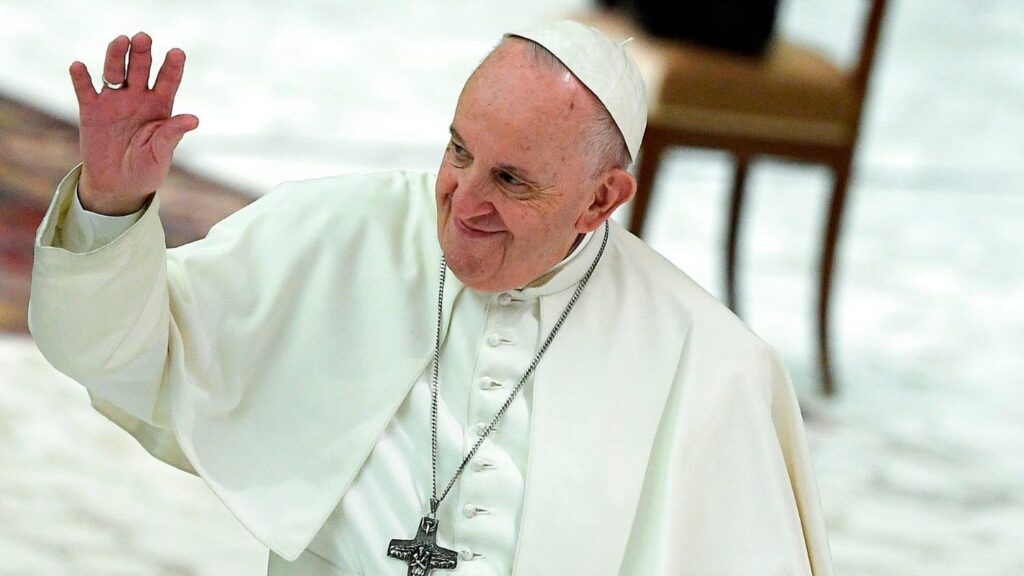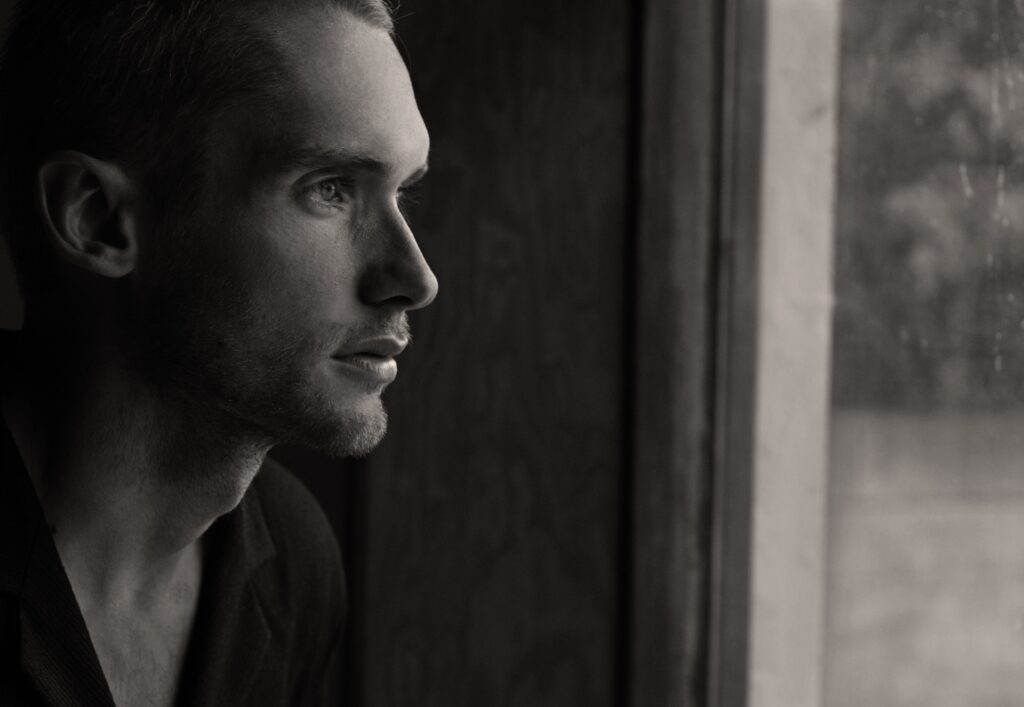Cardinal Arizmendi: Let Money Not Rule Us
Money as an Idol: A Warning About Its Dominance in Society and in Our Personal Lives

Cardinal Felipe Arizmendi, Bishop Emeritus of San Cristóbal de Las Casas and Head of the Doctrine of the Faith at the Mexican Episcopal Conference (CEM), offers Exaudi readers his weekly article.
FACTS
The current President of the United States, Donald Trump, because he and his country have great economic power, wants to feel like he owns the world; he intervenes in everything, as if with his money he could dominate everything. He doesn’t control his tongue or his instincts, and by imposing tariffs on everything that arrives there, he tries to improve his country’s economy, even if it condemns thousands of workers abroad to unemployment. With his economic threats, he subjugates our governments. He doesn’t limit arms production or war companies because they generate a lot of money. His voters based their election on this promise: the promise of improved economic income. He blames everyone for the degradation that drugs, especially fentanyl, have caused to many people, but he doesn’t prevent the domestic market. He stops the migration of those seeking better living conditions there without considering that this country was formed by migrants from all over the world, and that they largely sustain its economy. Does money dominate everything?
During our country’s election campaigns, money greatly influences voters. With the significant financial support they received from the government, from our taxes, they sold their consciences, as if the best political party were the one that gave us the most money. Many voters decide their votes solely by analyzing, as the final criterion, who offers to improve their economy. Some legislators and leaders don’t dare to oppose those in power, not out of conviction, but out of an interest in continuing to rise in office and not lose economic income.
The cartels and armed groups of organized crime have as their ultimate aspiration to have more and more money. To achieve this, they abduct young people, especially young people, so that, even against their will, they sell or traffic drugs, extort, charge floor, kidnap, kill, and eliminate those who oppose their plans. Adolescents and young people, as well as adults, have the ideal of becoming drug traffickers, to have money, power, and pleasure. Money rules their lives.
There are parents who buy their children with money and gifts, even if their lives are not worthy of a living. In marital conflicts, they buy their children’s favor with financial resources. When there are disputes over inheritances, money is what destroys families.
In our personal lives, money often dominates us as well. We believe we are more than we are worth because we have more money, a better vehicle, a nice house, larger bank accounts, we travel everywhere, and we live a good life.
ILLUMINATION
On the first Sunday of Lent, the Church presents to us the devil, who seeks to subdue Jesus precisely because of his ambition for riches and power. Jesus defeats him, warning us that there is no idol worth bowing down to; our only God is the Lord.
Pope Francis, in his exhortation Evangelii Gaudium, tells us:
“No to the new idolatry of money. One of the causes of this situation lies in the relationship we have established with money, since we peacefully accept its domination over us and our societies. The financial crisis we are experiencing makes us forget that at its root is a profound anthropological crisis: the denial of the primacy of the human being! We have created new idols. The worship of the ancient golden calf (cf. Ex 32:1-35) has found a new and ruthless version in the fetishism of money and in the dictatorship of a faceless economy without a truly human purpose. The global crisis affecting finance and the economy reveals their imbalances and, above all, the grave lack of their anthropological orientation, which reduces human beings to only one of their needs: consumption” (EG 55).
“The desire for power and possessions knows no bounds. In this system, which tends to engulf everything in the pursuit of profit, anything fragile, like the environment, is left defenseless against the interests of the deified market, which has become the absolute rule” (EG 56).
“Money must serve, not rule! The Pope loves everyone, rich and poor, but he has the obligation, in the name of Christ, to remind us that the rich must help the poor, respect them, and promote them. I urge you to selfless solidarity and to a return of economics and finance to an ethic that favors the human person” (EG 58).
ACTIONS
Let us analyze, especially during this Lent, whether this is one of the temptations we must overcome, to rise with Christ to a new life of justice and fraternity. We must educate children in the right appreciation of money, so that it does not dominate their lives.
Related

Dance: Strength, Delicacy, and Dignity
Mar Dorrio
29 April, 2025
2 min

The Four Seasons of Your Life: Much More Than Music
P Angel Espinosa de los Monteros
28 April, 2025
3 min

A Pope Never Goes Away
José Antonio Varela
28 April, 2025
4 min

Divine Mercy, the Small and the Great
José María Montiu de Nuix
27 April, 2025
5 min
 (EN)
(EN)
 (ES)
(ES)
 (IT)
(IT)

